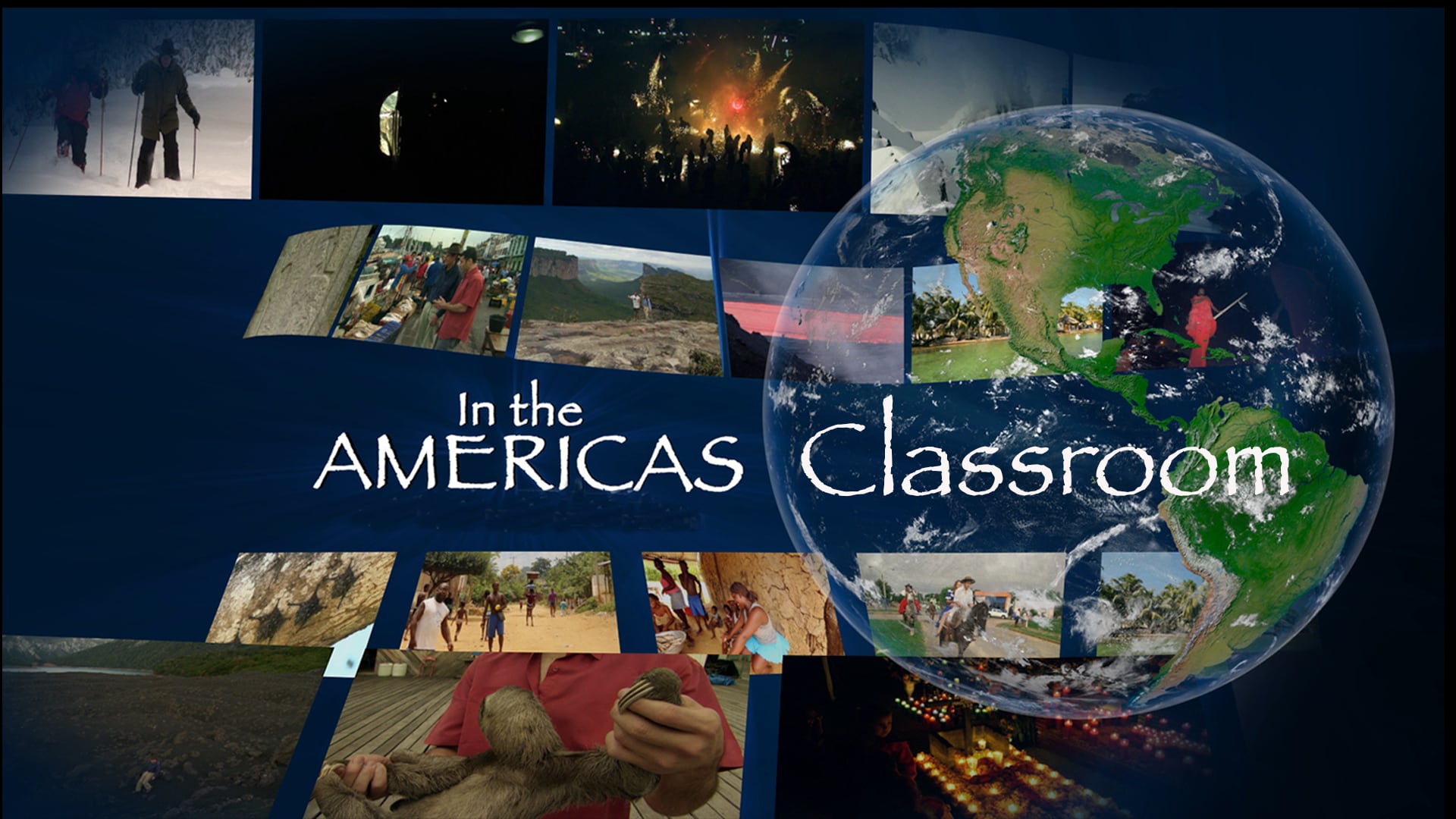Lesson 8: Chiloé and Chilotes: Proud Islanders of Chile
Category : Curriculum Season 1
Chiloé is the second largest island in South America and just one island of an archipelago of southern Chile. Chilotes, as the residents are known, consider themselves a people apart, a proud mixture of indigenous and Hispanic origins. Host Dave Yetman joins Chilotes who demonstrate the traditions of food, towns, and society that extend back well before the arrival of Europeans.
Learning Objective
Students will understand that despite of the isolation from the mainland, Chiloé was able to survive and thrive.
Social Studies Standards
Individuals, Groups & Institutions A, B
Discussion Prompts
- What are some of the facts that helped the Chilotes, the island residents, not only survive but thrive? In your point of view, are they thriving?
- What other industries would help the islanders survive besides tourism?
- From what the video shows, in your opinion, what other cultures have impacted life in the island? Justify your opinion with examples.
- What is the argument that the Chiloés used to argue in favor of their independence from Chile? Do you agree or disagree that the Chiloés would be able to continue thriving as a country?
Lesson Activities
- Based on what was seen on the video, write an essay about the impact that the isolation from the mainland had on the Chilotes.
- Write a myth explaining the origin of the islands including traditions based on the Chiloé’s mythology.
- Create at least five interview questions soliciting information about the Chilote’s knowledge of their engineering, nutrition, and traditions.
- Create a model of the Chilotes’s cooking device. Include labels for the different parts of the device.
Vocabulary
- archipelago
- contorted
- detrimental
- indigenous
- isolation
- manta ray
- peculiar
- palafitos
- society
- tourism
